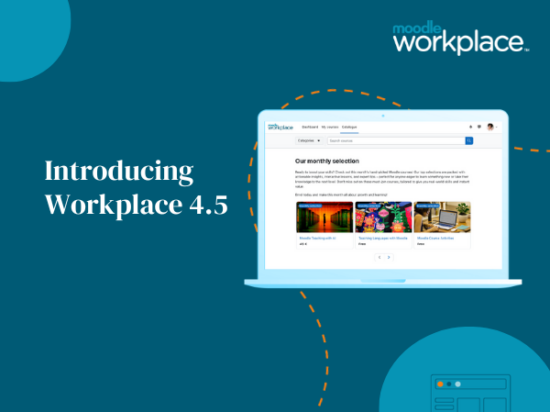Clouding computing or ‘the cloud’ is a term used to refer to on-demand sharing of files, multimedia, applications, and platforms via the Internet. According to Gartner, by 2015, 20% of all cloud services will be accessed via internal or external cloud services. This means cloud computing promises economic benefits, flexibility, and speed for IT infrastructure.
Migrating to the cloud is a simple way to scale down your IT costs. Making e-learning available via cloud-based learning management systems is an economically and environmentally sustainable choice.
This kind of innovative IT infrastructure for businesses means more mobility and sharing; businesses can push out relevant and on-time information to their users and staff can perform their work without the headache of hardware and software not working.
‘Why is it good for my business?’
For its value for money; we’ve already mentioned its attractive benefits of reducing costs, but it will also improve staff productivity. Including applications such as wiki’s, forums, and web-conferencing tools is easy and cost effective through cloud based learning management solutions – organisations pay only for what they use decreasing their hardware and software licences fees by doing so.
Cloud computing is also environmentally friendly, it helps reduce your business carbon footprint; information can be accessed on-demand and from any device; this helps organisations reduce travel and make good use of online collaboration tools and web-conferencing.
Consider the move to cloud computing for creating greater workforce flexibility, and the delivery of improved services. Customers will be able to access resources over a broad network through multiple devices.
Explore your options when considering cloud computing. You can choose from three cloud service models:
- Infrastructure as a Service (IaaS)
- Platform as a Service (PaaS)
- Software as a Service
Moodle and The Cloud
Moodle is an open source learning management system which can easily be accessed via the cloud. Cloud hosting for Moodle has various benefits:
- High availability
- Scalable resources
- Pay per use
- Security
- Flexible interface
It is relatively easy to import content and multimedia from the cloud into Moodle using repository plug-ins such as Google Docs, YouTube and Dropbox.
Security issues
Everyone agrees the benefits are considerable. There is, however, the issue of how secure cloud computing is and what risks need to be considered as part of your cloud computing implementation strategy.
Always perform a risk assessment; allowing an external provider to handle your company data means you must ensure you have total trust in the vendor’s reputation. Business continuity and data protection should be priorities in performing your risk assessment. Make sure that your vendor has a business recovery and continuity in place; this will be integral to the smooth and efficient running of your business should you experience IT issues.
A quick Google search demonstrates that the number of vendors offering cloud computing services are increasing — do your research first, take up a trial, and talk to the vendor before you commit.







